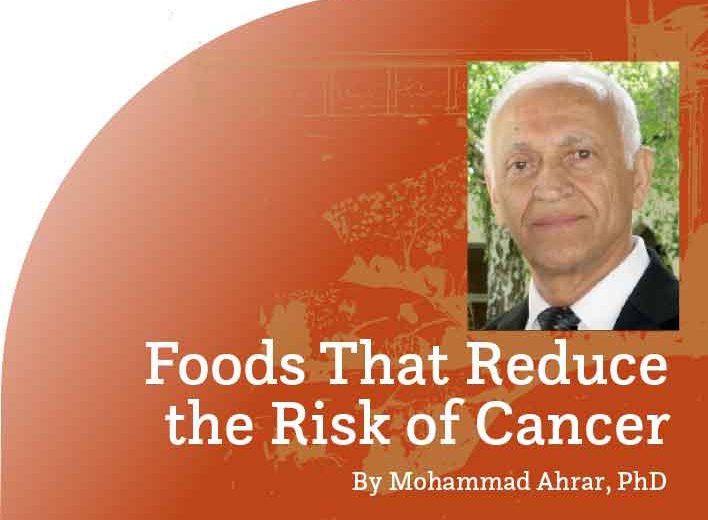By Sanaz Majd, MD
 As if the COVID-19 pandemic wasn’t enough, now we need to worry about another infectious bug stealing the headlines—monkeypox.
As if the COVID-19 pandemic wasn’t enough, now we need to worry about another infectious bug stealing the headlines—monkeypox.
But who really needs to be worried? Will it cause yet another highly feared pandemic? Before you panic and contemplate living in a bubble again, let’s learn a little more about this mysterious virus.
What is Monkeypox?
Monkeypox is still considered a rare disease caused by a virus that is related to the smallpox virus (not chicken pox) which was first discovered in Denmark in 1958. It was first found in monkeys from Singapore that were going to be used to research the polio virus, hence, where its name came from.
It was not until 1970 when it was first reported in humans, and since then has been predominantly prevalent in Africa until now. Monkeypox has since spread to about a dozen countries outside Africa, including the United States, in greater numbers since May 2022.
As a result, on July 23, 2022, the World Health Organization (WHO) declared it a public health emergency.
Symptoms of Monkeypox
Monkeypox symptoms begin about 1-2 weeks (but up to 3 weeks) after exposure, and typically involve a characteristic rash that develops within 1-3 days after symptoms begin.
The rash consists of round pustules or vesicles that often begin on the face or inside the mouth and then may spread to the hands/feet, chest, and genitals. They are often described as painful until they crust over and then become itchy. Once the rash has fully healed, people are no longer contagious—but this can take several weeks.
Some people (but not all) may initially experience other symptoms prior to the onset of the rash, including:
• Fever/chills
• Body aches
• Sore throat
• Cough
• Headache
• Swollen lymph nodes
Most infected people have a mild, self-resolving course that does not require treatment. And although it is not fatal in 99% of those who are infected, it can cause pain and permanent scarring at the site of the rash after it has healed.
How Does Monkeypox Spread?
As of July 28, 2022, 27 cases of monkeypox have been reported in San Diego County, 827 in the state of California, and 5,811 cases in the United States. Note that although many cases have been reported in men who have sex with men, anyone can get monkeypox regardless of their gender identity, sexual orientation, or sex practices. Erroneously believing it does not apply to you is risky.
Monkeypox is transmitted in humans primarily from person-to-person via touch. People become infected if they come into direct contact with the rash or the bodily fluids of those who are infected, such as saliva. It is not known if semen or vaginal fluids can transmit it at this time, but close sexual/intimate contact with an infected person is certainly one of main ways monkeypox is currently being spread.
It can also be spread by touching an object (such as linen or clothing) that came into contact with the rash or bodily fluids of an infected person. Pregnant women can also spread the virus to the fetus, infected animals can spread it to people by scratching or biting, and it can also be transmitted through preparation of infected wild animal meat.
Thankfully, because it is not as easily spread through air droplets, monkeypox is not transmitted like the COVID-19 virus or measles. Therefore, it is more easily controllable.
How to Prevent its Spread
The best way to prevent the spread of monkeypox is to limit contact with known people or animals with undiagnosed rashes or known infection. These people should be isolated during infection.
Practicing good hand washing hygiene is always wise, whether it is to prevent monkeypox, COVID-19, or any common virus or bacteria.
There is now an FDA-approved, attenuated live virus vaccine available as well. However, the CDC does not currently recommend widespread vaccination. It is currently only recommended for those who work in laboratories that study the virus, those who have had recent contact with someone with monkeypox, and those with multiple sexual partners in the past 2 weeks in an area with known monkeypox.
Treatment of Monkeypox
There is no specific treatment for the monkeypox virus. However, because it is similar to smallpox, antivirals used to treat smallpox may be at least partially effective to treat monkeypox. The antiviral tecovirimat (TPOXX) can be prescribed to immunocompromised or high risk people who are infected, such as those with:
• HIV
• Leukemia/lymphoma
• Organ or stem cell transplant
• On chronic steroids
• Autoimmune disorders on treatment
• Children less than age 8
• Certain skin disorders, such as eczema, severe acne, psoriasis
• Pregnancy or breastfeeding
Those who travel outside of the U.S. to endemic countries are also reported as being higher risk, along with those who handle potentially dead or alive animals, and men who have sex with men (especially those who meet partners through social media per reports).
As mentioned above, the vaccine can also be given to those who have had recent known exposure.
For More Info:
1. California Department of Public Health (CDPH): https://www.cdph.ca.gov/Programs/CID/DCDC/Pages/Monkeypox.aspx
2. Centers for Disease Control and Prevention (CDC): https://www.cdc.gov/poxvirus/monkeypox/
3. SD County: https://www.sandiegocounty.gov/content/sdc/hhsa/programs/phs/community_epidemiology/dc/human-monkeypox/
Sanaz Majd, MD is a board-certified Family Medicine physician and host of the Majd MD YouTube channel (@Majd MD), reviewing the latest medical topics and headlines. You can also follow her on Facebook or Instagram: @SMajdMD.


















